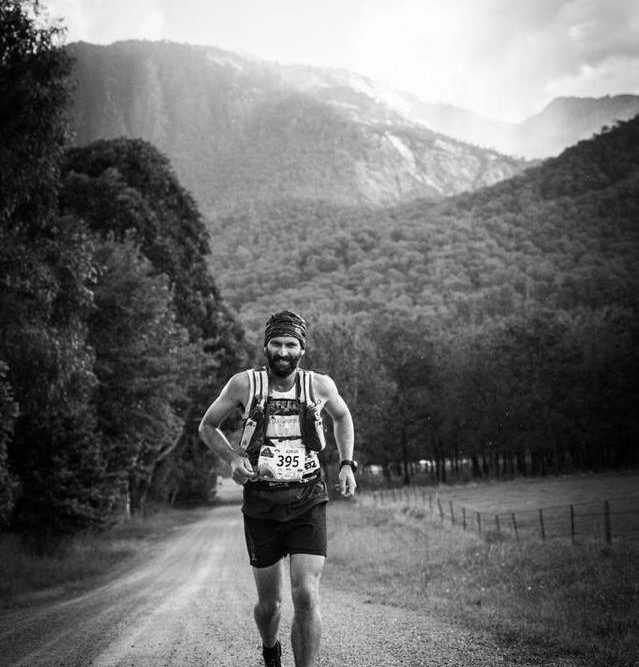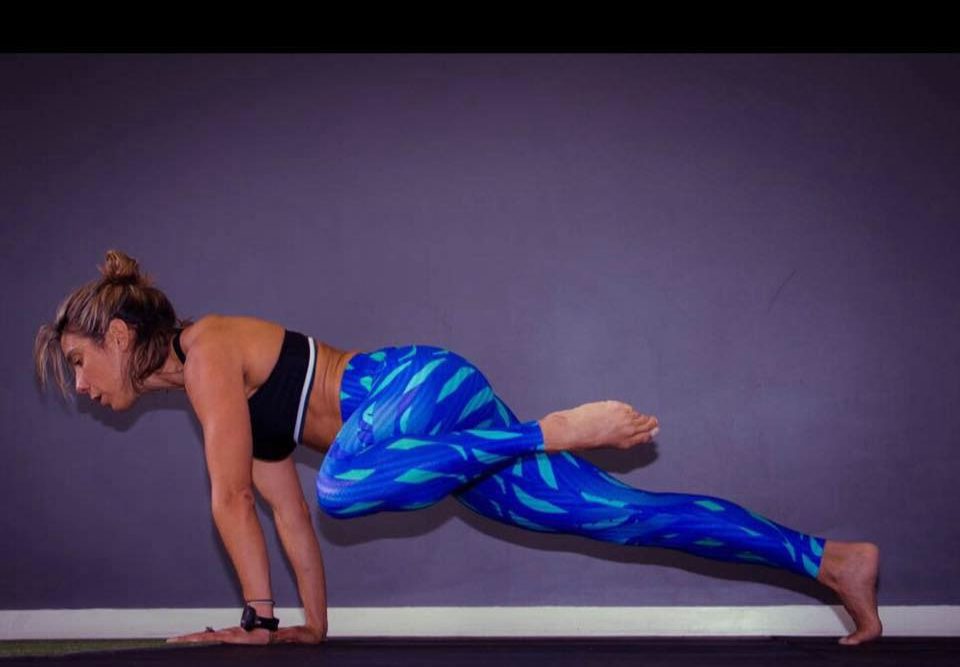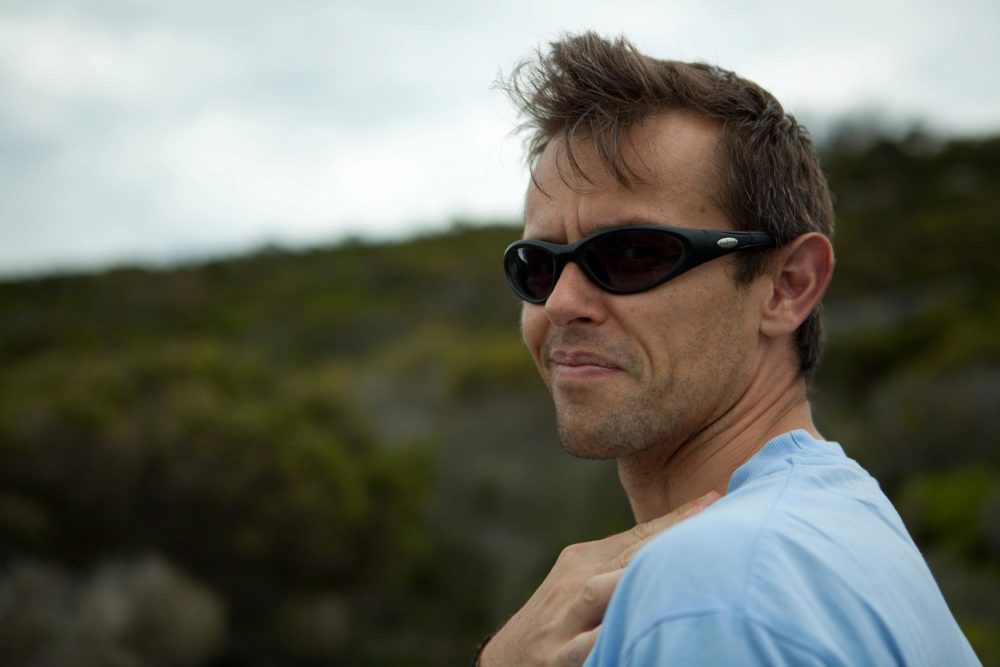
After a year’s hiatus from competitive sport, it’s time to get back involved again. It’s get’s my heart racing just thinking about standing on the start line of a race, I LOVE IT!
I’m no stranger to endurance racing. I’ve raced half and full Ironman distance triathlons (for those not in the know a half is 1.8km swim, 90km bike, 21km run and a full is a 3.8km swim, 180km bike, and 42.2km run, or a bloody long day in the office!), I’ve taken part in 12 and 24 hour adventure races and competed in long distance road and mountain bike races and marathon running.
But… my training for the last years has been all about slow and steady endurance and ticking over. I haven’t really raised the intensity and pushed the boundaries in a while.
Recently I’ve begun increasing the intensity of my swimming and doing intervals sessions at the pool. A few weeks ago I found that I was unable to breath during the faster efforts.
For someone that feels at home in the water, this was quite unnerving. I felt panicked for the first time in the water in a long time. In fact, I got out of the pool after just half an hour and headed for the shower.
When I next got back in the pool I put away my training plan and focussed on my trusty Total Immersion drills and building them into my full stroke. Essentially I relaxed and learnt to feel the water again.
The problem with upping my pace was that the additional effort caused my body to tense, this in turn raised my head up slightly in the water. The change was tiny but the effect on my breathing dramatic. As I turned to breathe my mouth had to twist upwards for air causing a pinching in my throat. The result was a strained breath through a constricted airway.
By relaxing again and letting my head hang I was able to swim without strain, effort or panic. When I next upped the pace I focussed on keeping my head relaxed and my breathing gentle.
Think about this: when swimming, your face is immersed in water, you are moving your arms and legs about (for some it’s frantic!) and you are holding your breath. Does this sound like drowning to you? How do you think your brain responds to this? Do you think it feels relaxed and calm?
Constant flowing breath is the key to relaxation and control. Ask any Yogi!
This can also translate into any sport. If I tense up when I run the amount of energy I waste is tangible. Stitches develop, breathing becomes laboured and muscles fatigue very quickly.
If you’re riding your bike and you hit a busy road how hard is it to stay relaxed? You tense up into a protective rock and prepare for the onslaught of cars from all directions. Even approaching a hill on the bike can bring on stress.
How often have you been lifting weights, holding plank or doing push ups to find you are holding your breath?
Learning to relax during training allows for your body to feel it’s way into the movements and adapt to change. It allows the power of your breath to fuel the muscles. It allows the mind to clear and not panic. When I am alone on those long training sessions and I feel myself tensing up, I breathe, I relax the parts of my body I’m not using to conserve energy and I focus on listening to the signals my body is giving me.
Oxygen rich blood fuels our muscles, it renews them and revives them.
It’s simple really what ever your sport: relax, breath and move your body.



